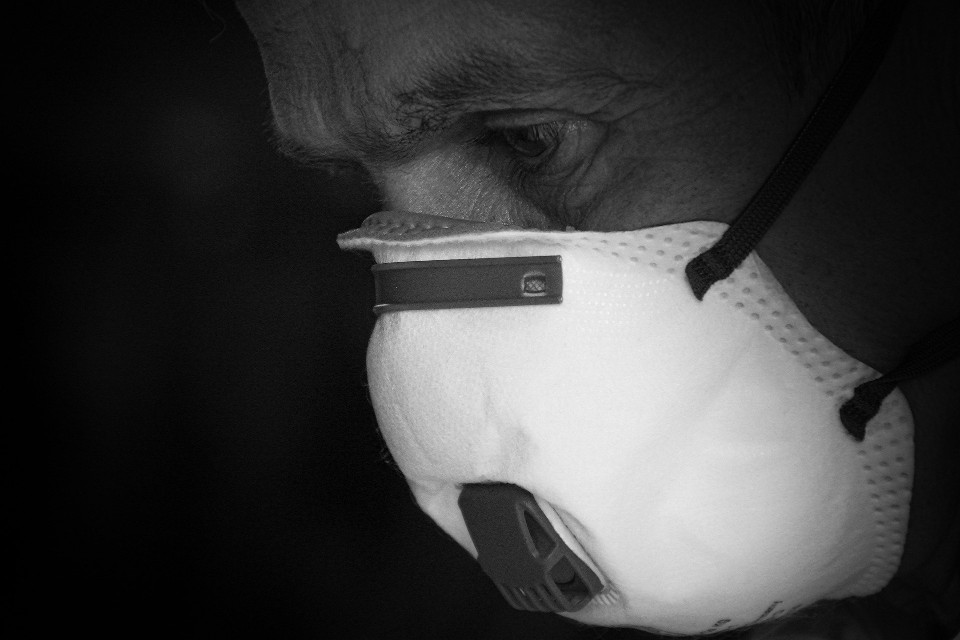
How Small Funders Can Make a Difference on COVID-19
Lots of good grants management advice out there in the midst of COVID-19–flexible General Operating Support; delayed reporting, doubling down on funding to key grantees etc. I hope these are all being acted upon. Unclear how to justify otherwise?
For rural funders—and particularly smaller place-based rural funders— what more to do? Here are some ideas:
- Lead/Facilitate your county or multi-county rural region in being prepared for what may be some state/federal/larger foundation funding opportunities with very quick turnarounds. Not just the grant writing but being prepared with ideas/responses/projects/leadership teams on specific issues.
- Use your social and human capital to open doors for your communities on a regional/state/federal level. Rural place-based funders may not have size but often have very connected folks on their boards and committees. Reach out to your state USDA reps or state school health consultants, for example.
- Support real-time dissemination of accurate COVID-19 information tailored for your region. Buy some time on local radio stations. Augment large existing Facebook groups. Work with your local weekly paper to get an ongoing special page printed. Keep the information flowing DAILY.
- Some of the most isolated members of rural places are immigrants, long-time but proportionally small communities of People of Color and those marginalized by class and education. Use your funder capital and influence to make sure COVID-19 responses include those who are not always included.
- Child Care in rural America is fragile to begin with— Funding/Informal Arrangements/Scale. Job loss and related closure of centers is happening everywhere. See how you can shore up the system. Think about unused church facilities, for example. Respite child care for older family members with new childcare responsibilities. What can CDFI’s in your region do to provide short term loan relief?
- Broadband deficits are well publicized. Hot Spots don’t always work where there is spotty cell service. Be the conduit for conversations with your telecommunications companies—co-ops, locally owned utilities, major cell phone providers— on what can be done to better support rural students and work- from- home individuals and businesses.
Send your non $$$ rural funder responses to COVID-19 crisis to —allen@ruralphilanthropy.net.

